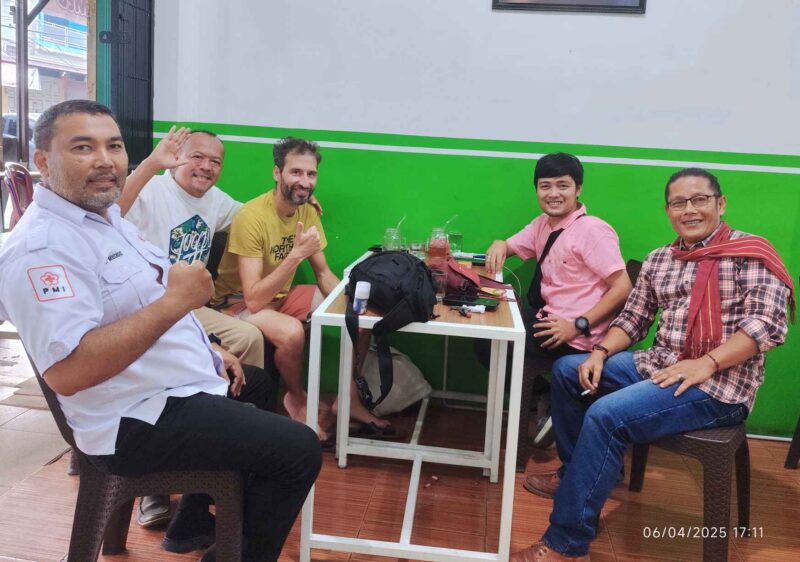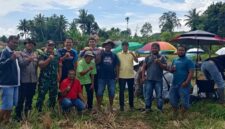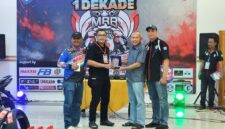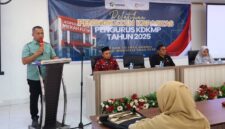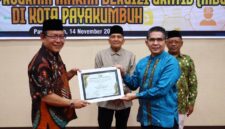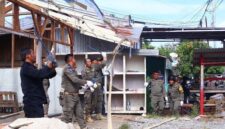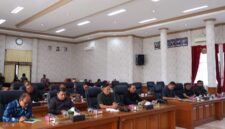Payakumbuh | tipikal.com — The allure of Indonesia’s rich cultural heritage continues to attract foreign visitors. This time, it was Daniele, a traveler from Italy, who made his way to Payakumbuh City out of curiosity about the unique matrilineal system practiced by the Minangkabau people.
At Kadai Kopi Paduko, a popular café in downtown Payakumbuh, Daniele engaged in a lively and insightful discussion on Wednesday, (4/06/2025) with local journalists Robby Muchsis, Nur Akmal, Rahmat Sitepu, and Fajar Sitepu. The conversation revolved around how the Minangkabau, despite being devout Muslims, have preserved a matrilineal lineage system as part of their cultural identity.
What intrigued Daniele the most was how inheritance and family lineage in Minangkabau society are passed down through the female line, a system rarely found in Muslim majority communities around the world, where patriarchal structures are more common.
“I find it incredibly interesting. How can a community so devoted to Islam manage to uphold a matrilineal tradition? It’s unique and deeply fascinating,” Daniele remarked during the discussion.
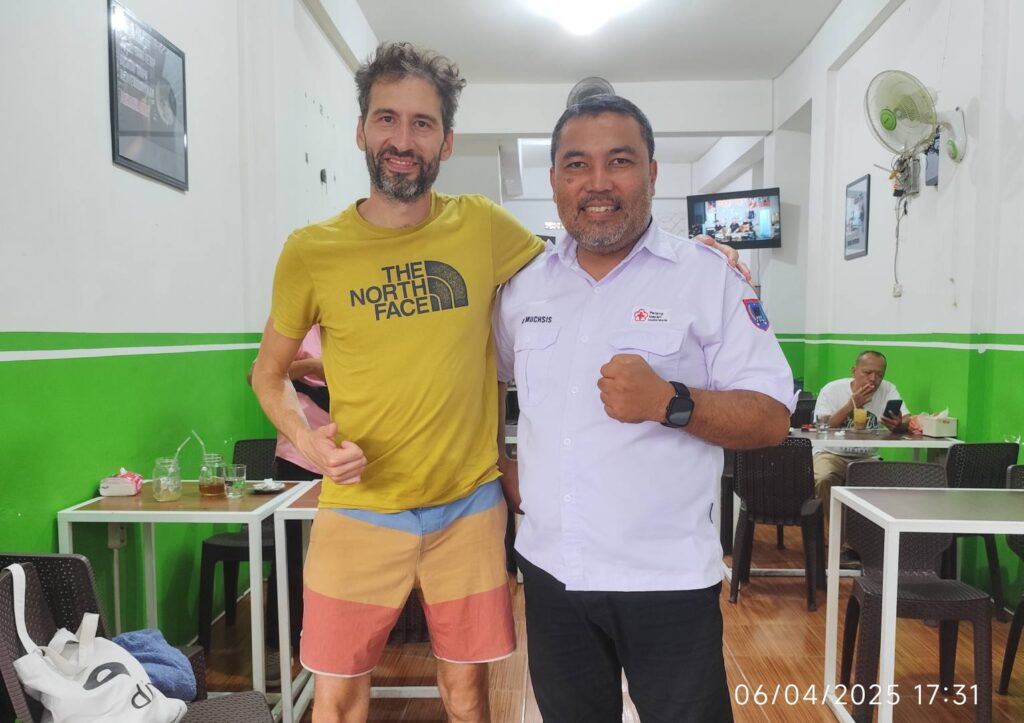
Robby Muchsis, one of the local journalists and also a traditional Minangkabau leader (penghulu), explained that the harmonious blend of adat (customary law) and Islam has long been the cornerstone of Minangkabau society. The guiding philosophy, “adat basandi syarak, syarak basandi Kitabullah“, translates to “custom based on Islamic law, Islamic law based on the Qur’an.”
“Minangkabau traditions don’t contradict Islam. In fact, they complement each other. While lineage is traced through the mother, men still play vital roles as mamak (maternal uncles) in maintaining family and communal responsibilities,” Robby elaborated.
Daniele expressed his appreciation for the opportunity to learn directly from someone well-versed in both the academic and cultural aspects of Minangkabau life. He plans to write an article about his experience in Payakumbuh, which will be published on his personal blog and submitted to several travel publications in Europe.
For Robby Muchsis, encounters like this present an excellent opportunity for local authorities and tourism stakeholders. He believes the distinct cultural identity of the Minangkabau can serve as a foundation for promoting cultural tourism in the region.
“European visitors aren’t just looking for beautiful landscapes, they’re seeking immersive cultural experiences. This is a great chance for Payakumbuh and West Sumatra to present authentic and educational cultural narratives,” Robby emphasized.
The discussion ended on an optimistic note, with hopes that greater international exposure to Minangkabau heritage, particularly its matrilineal structure and cultural wisdom will help position Payakumbuh as not only a city of cuisine and art, but also a guardian of living traditions open to the world. (rby)

